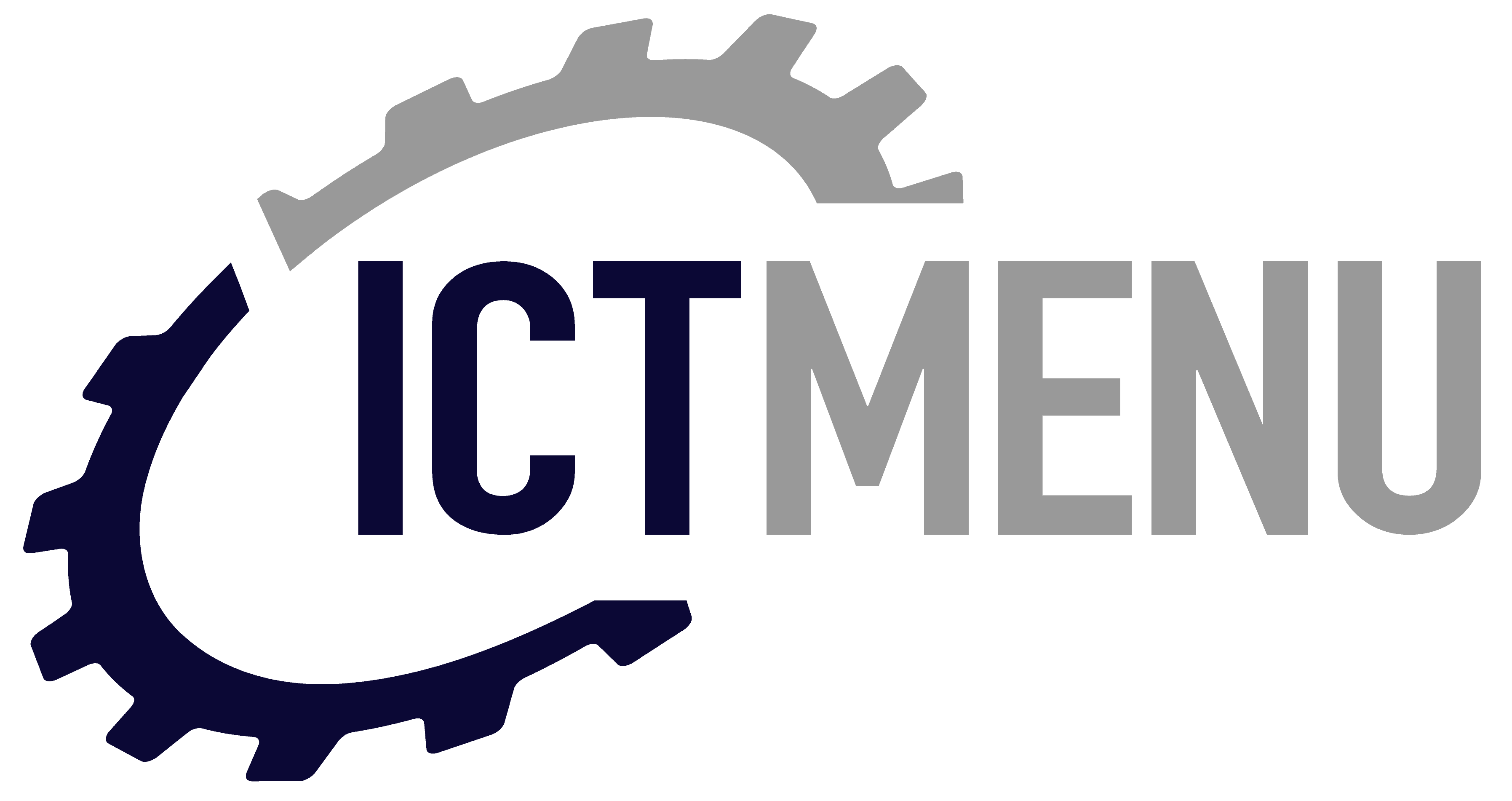Zoho CRM offers a robust solution for businesses seeking to optimize client management and automate intricate processes. By integrating intuitive features and customizable interfaces, this CRM solution empowers users to streamline operations, enhance customer engagement, and drive growth. Discover how Zoho CRM’s powerful capabilities cater to various business needs, ensuring you have the tools to succeed. Dive in to explore its dynamics and unlock tools that can redefine your client relationships.
Zoho CRM Overview
Zoho CRM emerges as a leading solution in client management, offering an intuitive interface that makes it a perfect fit for enhancing business workflow. This robust platform is crafted to integrate effortlessly with existing operations, streamlining tasks and promoting smooth client interactions. With Zoho CRM, users gain access to a suite of comprehensive features designed to revolutionize their approach to client relations. The platform includes contact management, sales automation, and customer analytics, each tool aiming to create a more efficient and informed engagement strategy.
The user-friendly design of Zoho CRM ensures accessibility for businesses of all sizes. Whether you’re a small startup or a large enterprise, the platform provides a seamless experience that’s easy to navigate. Its interface reduces the learning curve, allowing teams to spend more time engaging with clients and less time deciphering software complexities. This accessibility is further enhanced by Zoho CRM’s mobile compatibility, enabling users to manage client relationships on the go.
Additionally, the platform offers tailored customization options to suit specific business needs. Users can modify layouts, automate workflows, or develop personalized reports to fit their unique processes seamlessly. This personalization empowers businesses to mold the CRM to their strategic goals, resulting in a more tailored client management system. As you delve deeper into Zoho CRM’s capabilities, prepare to explore how these features can significantly benefit your operations in the following chapter.
Benefits of Zoho CRM
Zoho CRM propels businesses into higher efficiency by offering a suite of expansive benefits that streamline operations. As described in the previous chapter, Zoho CRM provides a comprehensive overview of its features, setting the stage for effective client management. By leveraging Zoho CRM, companies can automate monotonous tasks, allowing them to focus on strategic growth and boost their business potential significantly.
One of the key advantages of using Zoho CRM is the enhancement of productivity through automation. Businesses can automate routine tasks such as email follow-ups, data entry, and scheduling, freeing up resources and time for more strategic initiatives. This automation not only reduces the risk of human error but also ensures efficiency in operations.
Zoho CRM facilitates seamless collaboration across teams, enabling members to share insights and updates effortlessly. With centralized access to client information, every team member remains informed and aligned, fostering a unified approach to client management.
Real-time data and analytics provided by Zoho CRM empower businesses to make informed decisions swiftly. With access to up-to-date metrics and performance indicators, businesses can track progress and identify trends, leading to improved client engagement strategies and overall performance.
As we transition to the next chapter on customization and flexibility, understanding these foundational benefits is crucial. Zoho CRM offers not just a robust client management system, but also the flexibility and customization required to tailor its features according to specific business needs, ensuring continued growth and efficiency in various digital infrastructure applications.
Customization and Flexibility
Zoho CRM enhances client management through unparalleled customization and flexibility, allowing businesses to seamlessly align their CRM systems with unique processes and strategic goals. With various tools at your disposal, Zoho CRM adapts effortlessly to any business model. One of its standout features is the ability to create custom fields and modules. This means businesses can tailor data capture according to specific needs, ensuring all relevant information is precisely documented and conveniently accessible.
The dynamic interface changes in Zoho CRM make it a breeze to adjust layouts and workflows, enabling users to modify the interface to fit their evolving business practices. For instance, sales teams can prioritize information that matters most in their day-to-day operations, which boosts productivity and streamlines client interactions. Personalized user experiences are another pivotal aspect of Zoho CRM. It allows each team member to customize their dashboard and notifications, ensuring they have a personalized view tailored to their role and responsibilities. This customization enhances user engagement and efficiency, maintaining high adoption rates throughout the organization.
The benefits of Zoho CRM’s customization capabilities ensure businesses not only meet their current needs but also can anticipate future requirements. This adaptability allows organizations to remain agile and responsive in an ever-changing market landscape. As businesses grow, the need for seamless processes and harmonious synchronization with other tools becomes vital. This leads naturally into exploring integration and scalability, where Zoho CRM continues to provide robust solutions to support expanding business ecosystems.
Integration and Scalability
Zoho CRM offers a powerful platform where businesses can integrate and expand their digital infrastructure with scalability in mind. Efficiently connecting existing tools within Zoho’s ecosystem not only enhances functionality but also supports robust growth. By leveraging strategic integrations, companies ensure a seamless experience, providing a comprehensive approach to managing client relationships.
The capacity for API and third-party compatibility is one of Zoho CRM’s standout features. This allows businesses to effortlessly integrate their current applications, ensuring that all their tools work in harmony without the need for significant restructuring. For example, if a business already uses a specific communication or marketing tool, they can easily connect it with Zoho CRM to streamline their workflow.
Seamless migration of data is another key advantage that Zoho CRM offers. Transitioning to a new CRM system often raises concerns about data loss or complexity in migration. However, Zoho CRM provides efficient solutions to ensure that businesses can transfer their data smoothly and securely, maintaining the integrity and accessibility of essential information.
Future-ready scalability is embedded within Zoho CRM’s architecture, allowing businesses to grow without hitting structural limitations. As companies expand, they can rely on Zoho CRM to accommodate increased data and user demands while maintaining optimal performance and efficiency. This positions Zoho CRM as an ideal choice for businesses anticipating growth.
Transitioning from the customization and flexibility discussed previously, Zoho CRM now sets the stage for greater efficiency and collaboration within sales teams, which will be explored further in the upcoming chapter.
Zoho CRM for Sales Teams
Zoho CRM empowers sales teams to transform their productivity and effectiveness in today’s competitive marketplace. With its suite of sales-focused tools, Zoho CRM provides a solid foundation for maximizing sales potential, ensuring that every opportunity is captured and nurtured effectively. Sales teams benefit from smart lead management tools that streamline the process of capturing, sorting, and scoring leads. This functionality not only prioritizes the best leads but also ensures that sales personnel spend their time on the most promising prospects, leading to an increase in successful conversions.
Moreover, Zoho CRM transforms routine tasks with its automated sales workflows, significantly enhancing operational efficiency. By automating tasks such as follow-up emails, meeting schedules, and reminders, the sales team can focus on what they do best—selling. This automation reduces manual errors and saves time, which can be better spent on engaging and closing deals with clients.
Additionally, comprehensive customer insight analytics offered by Zoho CRM deliver deep insights into customer behavior and preferences. These analytics help sales teams tailor their approaches and strategies to meet specific needs, leading to better client interactions and satisfaction. The rich data provided allows sales managers to make informed decisions, optimize sales processes, and anticipate market changes with confidence.
As the journey continues into setting up and customizing your Zoho CRM, you will discover the foundational steps to tailor these powerful features to fit your organization’s specific needs and goals, ensuring a smooth and effective integration into your existing sales strategy.
Setting Up Your Zoho CRM
Zoho CRM simplifies the initiation into client relationship management with its intuitive setup process, ensuring a seamless transition from initial exploration to full implementation. As sales teams previously explored the advantages of employing Zoho CRM, now is the perfect time to delve into the setup process to unlock its full potential. Getting started with Zoho CRM is straightforward, allowing users to begin their journey with a streamlined setup that facilitates rapid deployment.
With a step-by-step setup guide, users can effortlessly navigate through each stage—starting with signing up for a Zoho account and proceeding to configure essential settings. Users can customize fields to align Zoho CRM with their specific business strategies, ensuring that the platform adapts to the unique needs of each organization. This flexibility not only aids in data organization but also enhances the tracking of customer interactions and sales processes.
For optimal configuration, consider tips and tricks such as automating repetitive tasks to save time and increase productivity. Leveraging custom modules and layouts ensures that the CRM reflects the unique aspects of your business, enhancing both functionality and engagement.
Be mindful of common setup pitfalls, such as overlooking data migration strategies or failing to utilize role-based access controls. Solutions to these challenges often involve pre-setup preparation and utilizing Zoho CRM’s robust support resources. With careful planning and informed adjustments, Zoho CRM can swiftly become an integral tool that enhances client management and propels your business forward.

